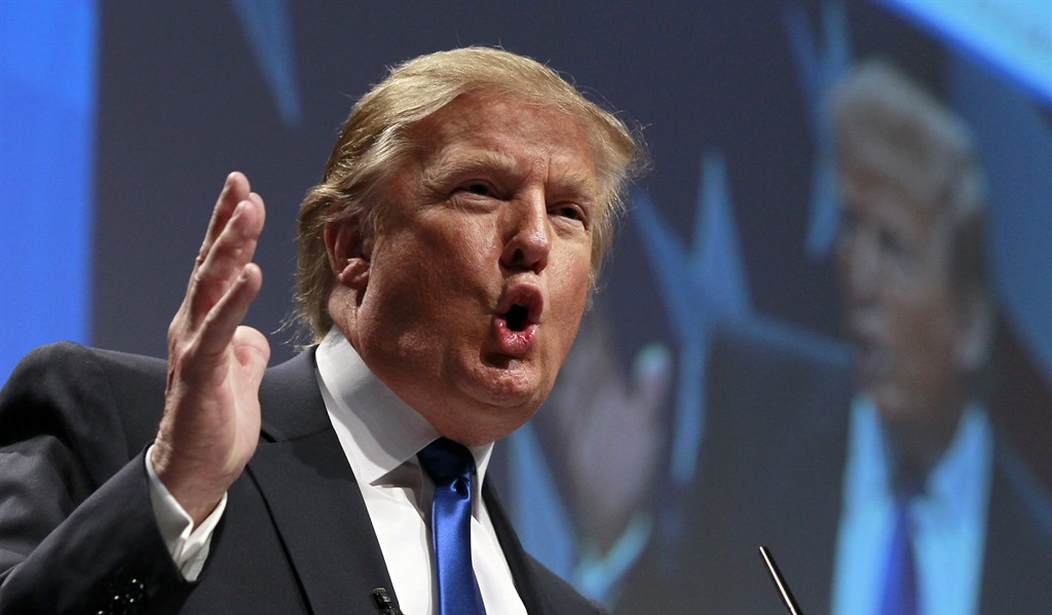Yesterday, President Trump met with 24 CEOs from the largest manufacturing companies in the country to discuss a variety of issues that could spur an American Manufacturing Renaissance. The meeting included many executives that have made the trip before e.g. the CEOs of Ford and Lockheed Martin.
Those CEOs that have had run-ins with President Trump seem to have gotten their minds right. Then there’s Andrew Liveris, the CEO of Dow Chemical, who made these observations:
President Trump may be the most pro-business president since the founding fathers.
President Trump is Reagan-esque.
Topics & Working Groups
- Deregulation
- Workforce Training
- Infrastructure
- Taxes & Trade
There is no question these meetings and discussions are critical. Is this an easy problem to fix, and is the nation focused on the wrong thing when it comes to jobs of the future?
Manufacturing Paradox
There is no doubt that manufacturing has been a disaster. And yet, some economists say we are too focused on the seven million lost jobs in that industry, instead of looking at the 33 million higher-paying new jobs in the service industry.
Things have changed. We don’t need as many workers to make the same things. Some of those things we used to make in America cannot be made to be profitable, no matter the tax or regulatory scheme. With that being said, things that are being made in this nation do provide the kind of noble profession, many are longing for these days.
Output at all-times highs
Recommended
This data can be misleading in a few ways, but the output at an all-time high belies the notion America doesn’t make stuff anymore. Of course, the stuff we make has changed since 1997. Computers and electronics, including computer chips, soared more than 50% while the rest of manufacturing is up only 8%.
Consider the swift implementation of robots, computers, and artificial intelligence; jobs that require the sweat and muscle of humans will fade to a machine that never gets tired.
This isn’t the chart that screams “crisis” or “disaster.”

GDP from Manufacturing at all time high
America is still competitive despite being surpassed by China in 2010. Consider 2015’s manufacturing Gross Domestic Product (GDP) of $2.17 trillion. It is equal to the next four countries:
- Japan
- Germany
- South Korea
- India
$2.18 trillion

Trained Workforce
One topic that came up was jobs in the science, technology, engineering, and mathematics (STEM) field, that are said to be going begging, and why there are so many foreign workers in the tech sector.
Last night, I had the pleasure of interviewing Emerson Electric (EMR) Chairman and CEO and National Association of Manufacturers (NAM) Chairman, David Farr. We discussed President Trump’s meeting; the obvious movement in manufacturing, the paradox mentioned above, and the challenge of finding workers.
Officially, there are more than half a million STEM jobs being unfulfilled from a lack of qualified workers. Of course, the so-called skills gap isn’t confined to high technology as there is a dearth of carpenters and welders among other old-school occupations. However, the focus on the future means a focus on STEM, and Mr. Farr knows this better than anyone.

Of the 3.5 million manufacturing jobs to open in the next decade, 2 million could go unfilled due to the skills gap.
Mr. Farr has established the “Love for STEM Students” program at Emerson, which is noble and smart.
The government may have to play a role in STEM education, because of the urgency factor, but businesses should bear the brunt of such investments.
In some ways to really attack this problem, America should be looking at a serious educational reform by tossing out weak curriculums and watered-down tests for rigorous plans that will make education pay off.
New Collar Jobs

IBM’s CEO has been promoting the idea of “new collar jobs,” where workers wouldn’t need advanced college degrees but specific training to be a part of the new economy.
This should be a priority for the nation.
Lower taxes, fewer regulations, better roads, and infusing the nation with enthusiasm is critical; we must have the workers that benefit from innovation, not fall victim to it.

























Join the conversation as a VIP Member